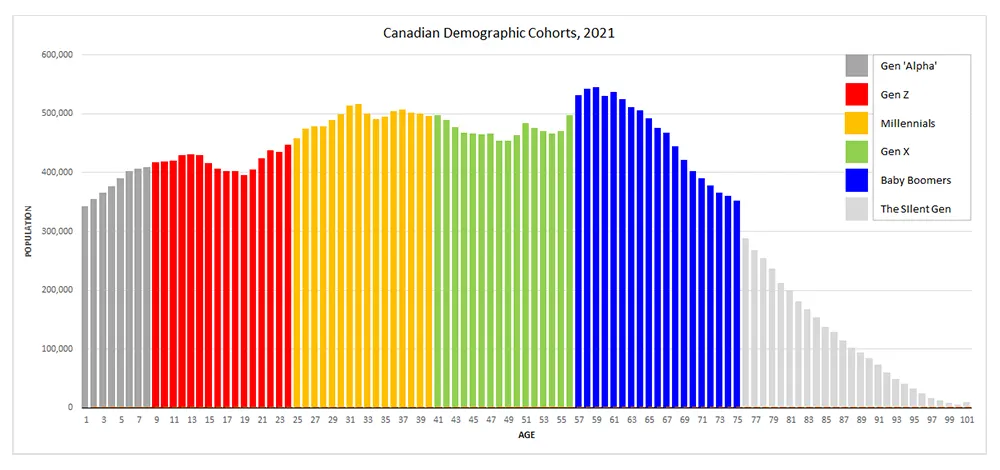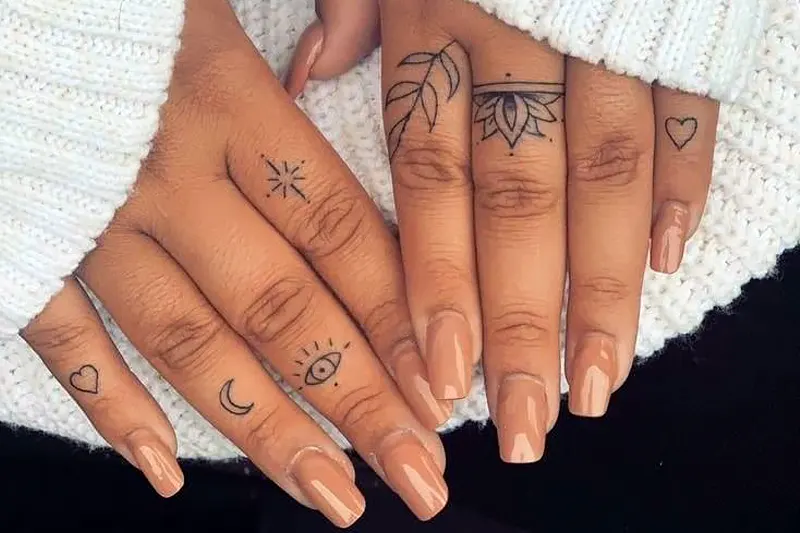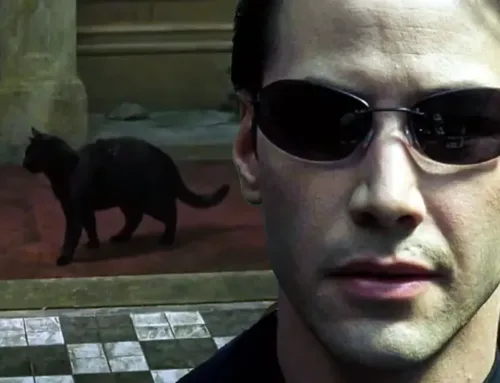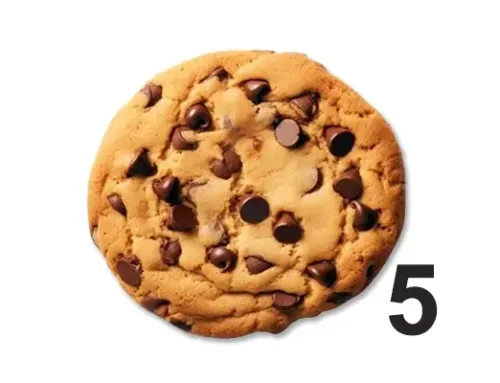Every generation or so, we like to revisit the topic of demographics. To be fair, we’ve only done that once previously, here: THOSE PESKY MILLENNIALS BY THE NUMBERS. This previous post was in 2015, so it was far from being a traditional generation ago. It’s strange that even though demographers are fully aware of birth rates and family formation trends, they define a generational cohort as spanning 16 years.
Anyway, back in 2015, Generation Z was only a couple of generic gray bars on the cohort histogram. No one was even using its inevitable alphabetical name (see first sidebar). This is our Gen Z coming of age story.
All the Cohorts
 Chart data source credits: Statistics Canada, 2021 Census. Cohort definitions by Pew Research Center, 2019
Chart data source credits: Statistics Canada, 2021 Census. Cohort definitions by Pew Research Center, 2019No one Canadian demographic cohort dominates in population terms now—especially if you drop off the last three years of the Baby Boomers to make it equal in year-span to the others (just one more in a long list of advantages Boomers were handed).
If you factor in income and net worth/accumulated wealth [1], Boomers can still potentially punch above their weight. But their attractiveness depends on your product or service category, since their buying habits are much different than Gen Z’s.
Gen Z by ChatGPT
If you want the consensus view on any major topic, go to your favourite generative AI platform. Here’s what ChatGPT’s best guess is on the top five things that makes Gen Z unique:
- They are digital natives who never lived without constant digital connection to Internet and phone.
- They are the most racially and ethnically diverse generation, which has made them the most inclusive.
- They value experiences over material goods. This is likely driven by their interest in personal growth, happiness and mental health.
- They are socially and environmentally conscious and they act that way.
- They are entrepreneurial and innovative.
You’ve likely heard most of these. Some of us found #5 surprising. ChatGPT, literally a digital native, says this characteristic is because “their upbringing in a fast-paced, technologically driven world that has made them adaptable, creative, and comfortable with change.” Okay ChatGPT.
Also interesting is that #3 and #4 are starting to not apply so much in the context of employment. For today’s American university graduates, an employer’s commitment to diversity and inclusion or corporate social responsibility is edging down the list of Gen Z’s priorities, and competitive base salary and high future earnings are edging up. [2] This may be driven by high home/housing prices throughout North America.
Gen Z by Old-Fashioned Human Curiosity
Gen Z is tracking to be the most educated generation yet. [3] We’re using the term tracking because less than half of Gen Zers are of college or university-graduating age. They’re not ahead of Millennials by leaps and bounds—about 10% on average. But this is a trend we’ve seen with every cohort, which means Gen Z has much more formal education than Baby Boomers. This is a very good thing, because it is absolutely clear that social, economic and political democracy will not survive without an educated public voting for it.
Gen Z is more concerned about privacy of their personal information than previous generations, yet they are the most willing to share it if they perceive a benefit in doing so. We can assume this is a social media effect accelerated by marketing. It’s called the privacy-benefits paradox, and along with the avoidance-annoyance paradox, makes up the theory of privacy calculus. [4] Gen Z is on track to becoming the most tattooed generation in history. But unlike Millennials, they’re going for simpler micro tattoos that can be covered up. Often, Gen Zers share tattoos with one another. [5] For this generation, tattoos are more private than public statements. We believe that somehow, these two Gen Z trends are related.
Millennials have Friends with Benefits, Gen Z has Situationships. But the latter has much more gender fluidity than their predecessors—globally, 25% of Gen Zers expect to change their gender identity at least once during their lifetime. [6] One would expect that percentage to be an even higher in wealthy Western countries. It will take more time to fully understand what gender fluidity means for marketers and for society.
When the digitally-native Gen Zer is asked by researchers what their favourite communication medium is, they uniformly respond, “In person”. [7] This appears contrary to Gen Z’s love of social media, remote working and online shopping.
The Takeaway
The Onion has its own satirical (of course) take on Gen Z:
“Gen Z Announces Julie Andrews Is Problematic But Refuses To Explain Why”.
Click here for an explanation.
The science of demographics is based on cohort homogeneity. Gen Z is defined by diversity, making demographics a bit of a blunt tool in the dissection of their cohort. Alas, the great age of demographics may be over—at least in terms of its usefulness in studying today’s current and most important cohorts for marketing purposes.
One generation’s paradox is another’s logic. As marketing people and as humans, we have a lot to learn from Gen Z. But they’re not reinventing everything. Let’s hope, as the most educated generation in history, they’re smart enough to learn something from the rest of us. Okay Boomer.
- This topic was covered in the previously-referred-to MW post.
- Author(s) unknown, “What Gen-Z graduates want from their employers”, The Economist, July 21, 2022.
- Kim Parker & Ruth Igielnik, “On the Cusp of Adulthood and Facing an Uncertain Future: What We Know About Gen Z So Far”, pewresearch.org, May 14. 2020.
- Kathleen McKee, Andrew Dahl, James Peltier, “Gen Z’s personalization paradoxes: A privacy calculus examination of digital personalization and brand behaviors”, Wiley Online Library, June 28, 2023.
- “Generational Tattoos: Millennial Tattoo Trends and the “Gen Z Tattoo”, tattooing101.com.
- Lisa Kenney, “Companies Can’t Ignore Shifting Gender Norms” Harvard Business Review, April 08, 2020.
- Melissa DeWitte, “Gen Z are not ‘coddled.’ They are highly collaborative, self-reliant and pragmatic, according to new Stanford-affiliated research”, Stanford News, January 3, 2022.
- The original version of this image was downloaded from this Pinterest account, which provided no copyright info.





